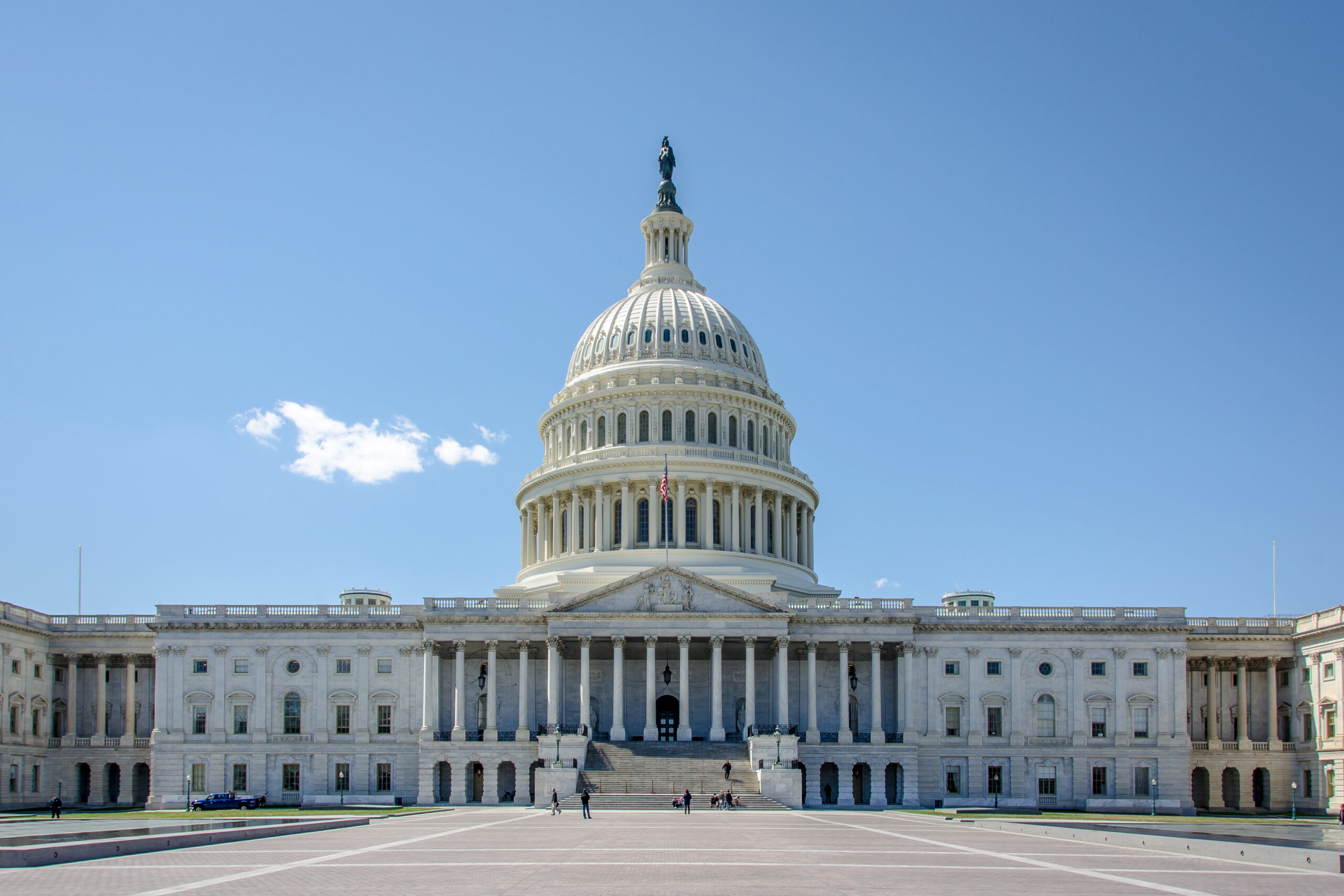Congress Investigates U.S. Backsliding on Negotiating and Enforcing Trade Rules

Tomorrow and Wednesday the House and Senate are holding oversight hearings discussing the U.S. trade agenda, with both hearings featuring Ambassador Katherine Tai, the United States Trade Representative, as a witness. These hearings are likely to focus on the recent regression of U.S. trade policy.
The publication of a signature trade report late last month solidifies a sharp Biden administration retreat from negotiating and enforcing digital trade rules. In cementing this pattern, it risks undermining 26 years of solid work defending U.S. businesses and enhancing U.S. competitiveness, in line with Congressional intent.
In 1998 Congress expanded the scope of trade barriers the Office of the U.S. Trade Representative (USTR) investigates to include a then-nascent area, electronic commerce. Since then, trade in digital products and services has expanded dramatically to become the fastest growing sector within trade in services – much to the benefit of U.S. companies, workers, and consumers. But so has the growth of trade barriers – which have significantly increased over the past decade.
Despite clear harms and voiced concerns from a wide range of stakeholder groups, USTR’s response has been the opposite of Congress’ clear guidance. The latest example is the release of the National Trade Estimate (NTE) report, where USTR chose to minimize long-recognized barriers – implicitly legitimizing impediments to some of the United States’ most competitive exports (We have examined why this year’s NTE report indicates a clear step backwards for digital trade).
While USTR justifies its retreat as alignment with foreign policymakers looking to rein in a handful of U.S. tech companies, it’s worth considering the wider collateral damage of standing down on U.S. digital trade advocacy. The digital economy makes up 10 percent of the U.S. Gross domestic product, accounting for $2.6 trillion of added value in 2022 and supporting 8.9 million U.S. jobs worth $1.3T in annual compensation in 2022, according to the latest government data. Supporting this broad-based engine of export competitiveness should be an obvious policy goal.
Digital trade is the foundation for exporting a wide range of goods and services, spanning sectors as diverse as agriculture, health care, finance, transportation and tourism. What unifies them is the cross-cutting need they have to move data, flexibility in where to store and process it, and assurances that digitized products–primarily software and content, are not subject to duties and other forms of discrimination.
The NTE serves as a catalog of foreign practices USTR will investigate and negotiate. This year, the NTE left out numerous obstacles to U.S. exporters in foreign markets long-recognized as concerns, including restrictions to cross-border data flows, requiring online services providers to pay news publishers for links, and the growing trend, starting in Europe, of imposing special obligations on mostly American firms based simply on arbitrary size and business model.
Countries whose practices are now omitted from this report will now conclude that their restrictions are justified in the eyes of the U.S. government. Even more concerning, other countries will view this as a green light to pursue similar restrictions. This recent step back is part of a pattern.
Last summer, USTR hit pause on negotiating key digital rules with Asia-Pacific partners (IPEF). Then last November, USTR announced it would back off advocacy of similar rules within the World Trade Organization (WTO).
This retreat did not escape notice by members of Congress, many of whom rose to question why the agency tasked with defending U.S. interests would simply abdicate that responsibility. What became clear was that USTR had been under enormous pressure from parochial interests to stand down to allow the EU and others to pursue new regulations aimed disproportionately at U.S. companies.
The impact of not defending U.S. trade interests is significant: seventy percent of U.S. services exports are made up of digitally-deliverable services—exports that would be directly harmed by restrictions to cross-border data flows, data localization rules, or forced subsidies for incumbent news businesses. The harms span across many sectors of the economy, all of which rely on data flows and digital trade to service customers and improve their products.
It’s time for Congress and agencies that promote U.S. economic interests to reset trade policy, with a view to crafting an affirmative agenda supporting U.S. export interests. Hopefully, tomorrow and Wednesday’s hearings will be the start of a return to such policy.








